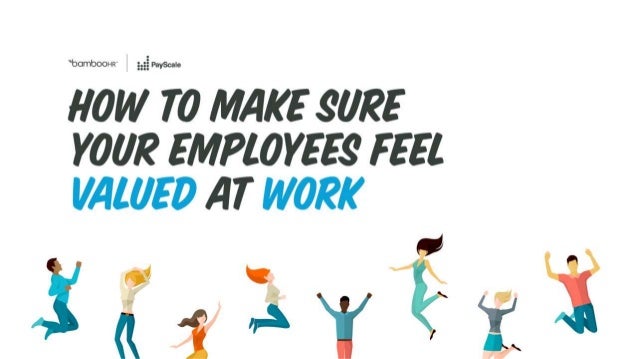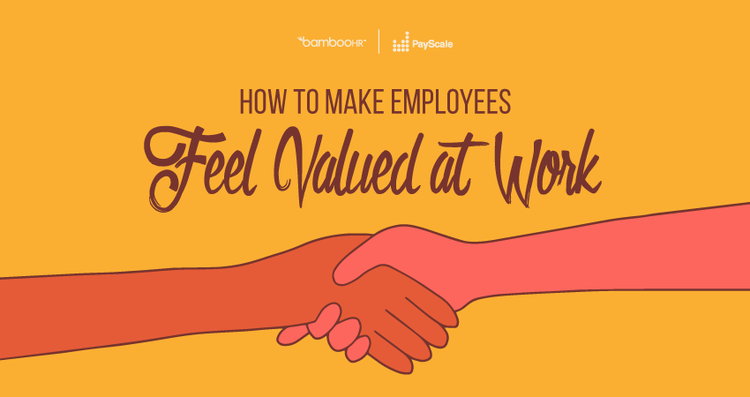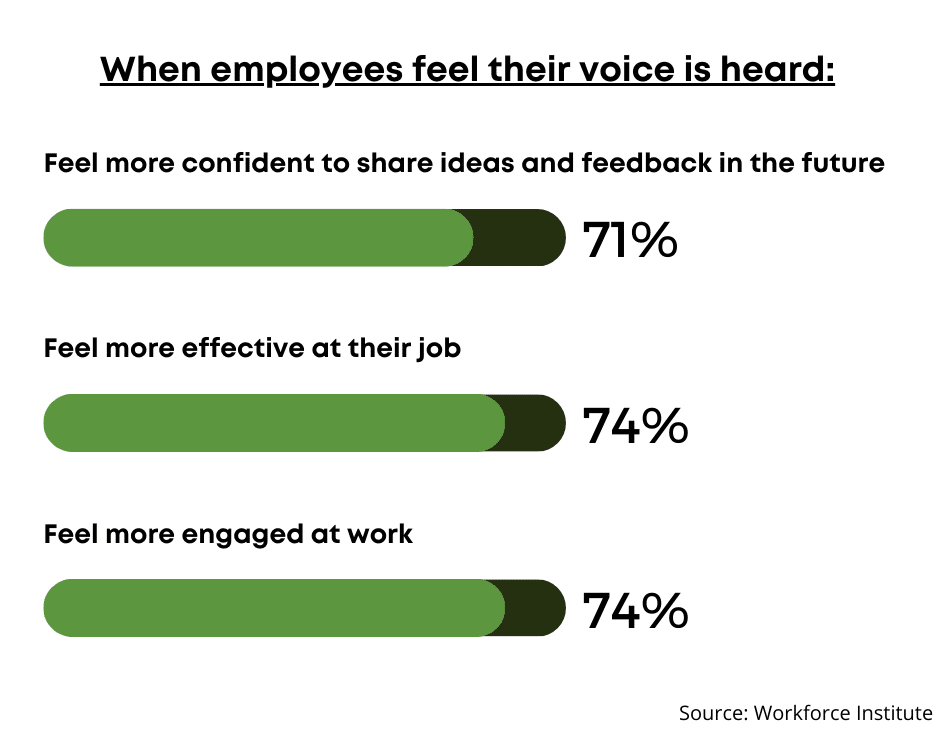How To Make Your Staff Feel Valued

Morale plummeting? Productivity stalling? The solution isn't another team-building retreat, but a fundamental shift in how you treat your staff. It's time to act now to make your employees feel truly valued before it's too late.
This article provides actionable strategies and proven methods to cultivate a work environment where employees feel appreciated, respected, and motivated, directly impacting retention and overall business success.
Acknowledge and Appreciate Contributions
Don't underestimate the power of a simple "thank you." Publicly acknowledge achievements and milestones, highlighting the specific impact of their work.
Consider implementing an employee recognition program, whether it's a monthly "Employee of the Month" award or a peer-to-peer recognition platform. According to a 2023 study by Gallup, employees who receive regular recognition are more engaged and productive.
Offer Regular and Constructive Feedback
Annual performance reviews are outdated. Implement frequent check-ins to provide timely feedback, both positive and constructive.
Focus on growth opportunities and career development. Use feedback sessions to identify areas where employees can improve and provide resources for skill enhancement.
SHRM (Society for Human Resource Management) emphasizes that ongoing feedback fosters a culture of continuous improvement and strengthens the employee-manager relationship.
Invest in Employee Development
Show your employees you're invested in their future by providing opportunities for professional development.
Offer training programs, workshops, and conference attendance to help them acquire new skills and advance their careers. A recent LinkedIn report found that 94% of employees would stay at a company longer if it invested in their learning and development.
Consider tuition reimbursement or student loan assistance programs to alleviate financial burdens and encourage further education.
Promote Work-Life Balance
Employees are more likely to feel valued when their well-being is prioritized.
Encourage flexible work arrangements, such as remote work options or flexible hours, where possible. Offer generous paid time off and sick leave policies.
Harvard Business Review highlights that companies that prioritize work-life balance see higher levels of employee satisfaction and reduced burnout.
Foster Open Communication and Transparency
Create a culture where employees feel comfortable sharing their ideas and concerns.
Implement regular town hall meetings or team huddles to keep employees informed about company goals, progress, and challenges. Be transparent about decision-making processes.
According to a 2024 survey by Edelman, trust in employers is crucial for employee engagement and retention.
Provide Competitive Compensation and Benefits
Fair compensation is a fundamental aspect of feeling valued.
Research industry standards and ensure your salaries and benefits are competitive. Offer comprehensive health insurance, retirement plans, and other perks that meet the needs of your employees.
Don't overlook non-monetary benefits, such as employee discounts, wellness programs, and on-site amenities.
Empower Employees and Delegate Responsibilities
Give employees autonomy and ownership over their work. Delegate challenging tasks and provide opportunities for them to take on leadership roles.
This demonstrates trust and confidence in their abilities.
"People want to be part of something bigger than themselves. If your employees feel that way, they will be more productive and loyal," says Simon Sinek, author and leadership expert.
Encourage innovation and provide a safe space for experimentation, even if it means occasional failures.
The time to act is now. Begin implementing these strategies immediately. Conduct employee surveys to gauge current sentiment and identify areas for improvement. By consistently prioritizing employee well-being and recognition, you can cultivate a thriving work environment and retain your most valuable asset: your people.


















